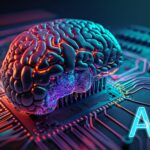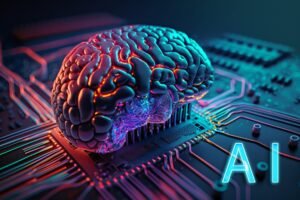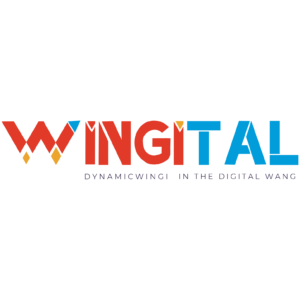Unlocking the Future: A Deep Dive into the Innovations and Impact of AI Technology
Artificial Intelligence Technology, commonly referred to as AI, is reshaping the world as we know it. Once a concept limited to sci-fi movies, AI is now a reality that’s taking giant strides in a multitude of sectors. This article explores the key innovations, applications, and the all-encompassing impact of AI technology.
The Dawn of AI Technology
AI technology emerged as a promising field in the mid-20th century. In its essence, AI refers to a branch of computer science that aims to create machines capable of interacting with their environment and learning on their own. The goal is to develop systems that can understand, learn, plan, and reason autonomously.
Driving Innovations with AI
The application of AI technology is broad-ranging, from everyday tools like virtual personal assistants, such as Siri and Alexa, to more complex implementations in robotics, healthcare, finance, and more. The following are some key innovations driven by AI technology.
Autonomous Vehicles
Self-driving cars are no longer a thing of the future. Companies like Tesla and Waymo are leveraging AI technology to create cars that can navigate roads and traffic with minimal human intervention. This breakthrough is set to revolutionize the transportation industry.
AI in Healthcare
In the medical field, AI has been instrumental in improving diagnostic accuracy, predicting patient outcomes, and personalizing treatment plans. AI-powered tools are helping doctors to detect diseases like cancer at an early stage, thereby improving patient survival rates.
| AI Application | Sector | Impact |
|---|---|---|
| Autonomous Vehicles | Transportation | Increased Safety, Efficiency |
| Medical Diagnostics | Healthcare | Improved Patient Outcomes |
The Impact of AI Technology
AI technology has a far-reaching impact on our society and economy. While it’s disrupting traditional ways of doing things, it’s also opening up a world of possibilities.
Job Market and Economy
AI technology is creating new job opportunities while rendering some obsolete. However, it’s not about job loss; it’s about job change. The World Economic Forum predicts that while 75 million jobs may be displaced by AI, 133 million new jobs may emerge in the AI-driven economy.
Privacy and Security
With AI’s growing prevalence, issues related to data privacy and security are also coming to the forefront. Stringent regulations and ethical guidelines are required to manage the potential risks related to data misuse.
Conclusion
As AI technology continues to evolve, it’s clear that its impact will be profound and far-reaching. As we unlock this future, it’s essential to navigate the AI-driven landscape responsibly, balancing the many benefits against the potential risks. The future of AI, while promising, also warrants cautious optimism and rigorous scrutiny.






